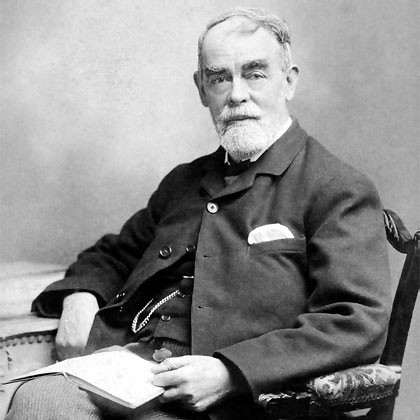The Fable of the Dragon-Tyrant [by Nick Bostrom]
Socrates / What if?
Posted on: April 5, 2013 / Last Modified: April 5, 2013
 The Fable of the Dragon-Tyrant is a 10 minute animated adaptation of Nick Bostom’s philosophical parable about death.
The Fable of the Dragon-Tyrant is a 10 minute animated adaptation of Nick Bostom’s philosophical parable about death.
The story recounts the tale of a vicious dragon, with ever-growing appetite, who started with tens and, eventually, went on consuming hundreds of thousands of people every day.
The fable recounts the enormous human suffering and economic toll that the dragon-tyrant was exacting on humanity and the countless heroes who perished trying to sleigh it. Eventually people concluded that the dragon was invincible and came up with numerous justifications and teachings that we all ought to embrace the dragon as an inevitability. So, when a sage old man proposed that technology would eventually make it possible to build a contraption that could kill the dragon-tyrant, most experts not only dismissed it as a possibility but also as a worthy goal altogether:
“Getting rid of the dragon would deflect us from realizing the aspirations to which our lives naturally point. I tell you – the nature of the dragon is to eat humans. And our own nature is truly and nobly fulfilled only by being eaten by it.”
You can see the video below to find out what happens next or go and read Professor Bostrom’s original text here.
Related articles









